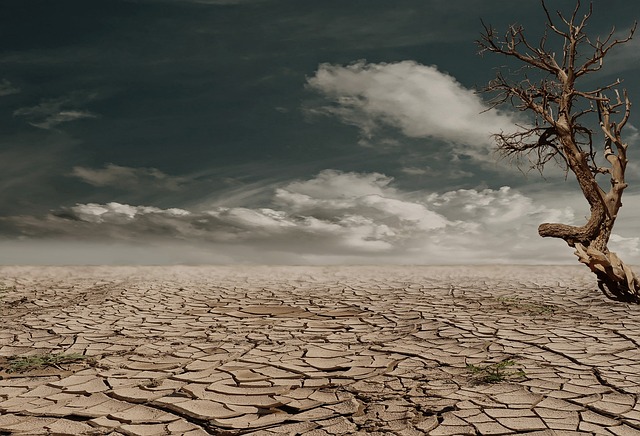Empowering Communities: Local Action Plans to Combat Desertification
Desertification is more than a word; it’s a reality that has begun to encroach upon many communities around the globe. As arable land becomes scarce and ecosystems falter, the effects ripple through our societies, impacting food security, economic stability, and the health of our planet. But amid these challenges lies hope—hope that is kindled through local action plans designed to empower communities and reverse the trends of desertification.
The Heart of Local Action Plans
At their core, local action plans represent a grassroots approach to tackling desertification. They are tailored to specific communities, taking into account their unique cultures, environments, and economic conditions. Unlike top-down strategies that may overlook local contexts, these plans engage community members, ensuring that solutions are relevant and sustainable.
By involving local populations in the decision-making process, action plans harness valuable traditional knowledge and practices, allowing communities to draw on centuries of wisdom in managing their land. This not only empowers residents but nurtures a deep connection to the land they inhabit, illustrating that the fight against desertification is a communal effort.
Creating a Community-Centric Approach
Implementing effective local action plans begins with a comprehensive assessment of the local environment. This entails examining soil health, water availability, and existing vegetation. Community workshops can play a pivotal role in this stage, gathering input from residents who understand the land better than anyone else.
Once the groundwork is laid, communities can strategize interventions that align with their needs and capacities. This could involve reforestation efforts, sustainable agriculture practices, and water conservation techniques. The beauty of a locally tailored plan is that it can adapt as conditions change—an essential feature in a world where climate conditions are increasingly unpredictable.
Engagement and Education: Keys to Success
Effective local action plans must also emphasize education and engagement. Workshops aimed at teaching sustainable practices, sharing success stories, and encouraging volunteerism can breathe life into these plans. When community members actively participate in their implementation, they are likely to develop a sense of ownership and pride. This not only enhances the effectiveness of the project but also strengthens the community bond.
Moreover, these educational efforts extend beyond the immediate community. Initiatives that invite neighboring regions to participate can forge alliances, creating a network of shared knowledge. As communities collaborate, they create a powerful force against desertification that extends well beyond their borders.
Real-Life Success Stories
Across the globe, numerous communities have implemented local action plans that have yielded impressive results. In Burkina Faso, local farmers utilized traditional methods such as zai pits to capture rainfall and improve soil fertility, resulting in increased crop yields and reduced desert encroachment. Similar efforts in Morocco have seen community members come together to combat soil erosion and restore degraded land through cooperative reforestation initiatives.
These success stories resonate with the heart of every community facing the threats of desertification, proving that local action can lead to global change. Each effort not only helps the land but also revitalizes the community’s spirit and resilience.
Call to Action
The fight against desertification requires commitment and initiative, and the role of local action plans cannot be overstated. Whether you are a community leader, an environmental advocate, or an everyday citizen, there is a place for you in this crucial movement. Advocate for local solutions, participate in community discussions, and support efforts that pave the way for sustainable practices.
After all, when communities unite to combat desertification, they don’t just reclaim their land—they reclaim their future.



